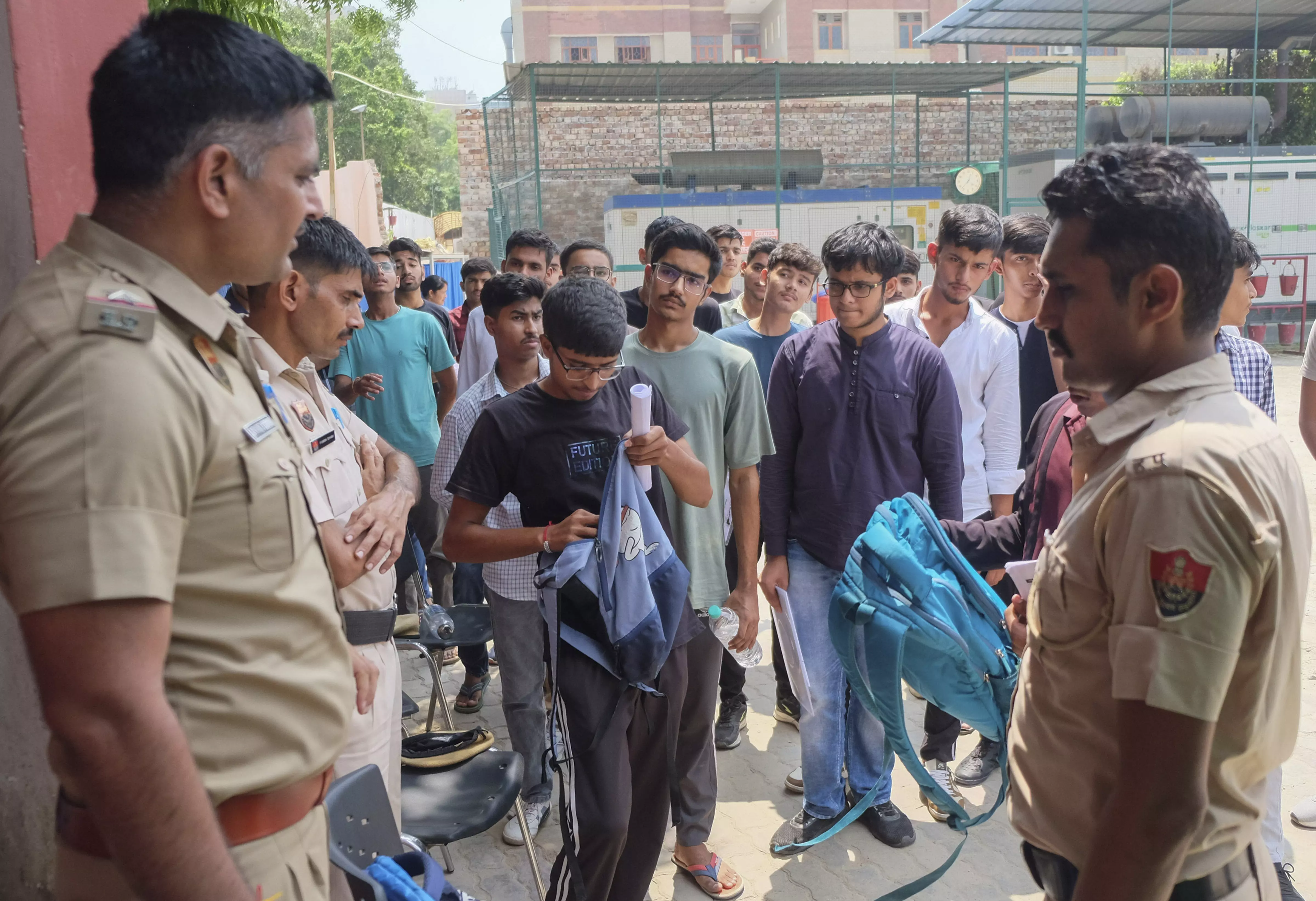
The death of a female inmate whose decomposing remains were found in a Georgia prison cell has left her loved ones demanding to know how long she was left unattended after she died.
Sheqweetta Vaughan, 32, was pronounced dead on July 9 at Lee Arrendale State Prison, months after she had given birth to a baby boy in January, officials and family members said.
Deputy Habersham County Coroner Dr. Kenneth Franklin said in a report obtained by NBC affiliate WXIA of Atlanta that he was called at 11:08 a.m. that day. He arrived at prison gates at 11:50 a.m., came to cell H-19 at 12:10 p.m. and pronounced Vaughan dead at 12:13 p.m.
The prison told Franklin that Vaughan had been checked on 10:08 a.m. before she was found dead at 10:40 a.m., according to the coroner’s report. But it’s possible she had been dead for two to four hours before Franklin arrived at her cell, according to the coroner.
“There was a strong odor of decay coming from the body,” he noted.
The temperature in that cellblock was in the 90s and “there was not a lot of ventilation,” according to Franklin.
The coroner said those uncomfortable conditions “would have speeded up decomposition considerably, making it difficult for an approximate determination” of Vaughan’s precise time of death.
The coroner’s report did not specify a cause or manner of death. It said it was awaiting autopsy and toxicology results and a review of medical records.
Vaughan’s aunt, Rita Thomas, insisted her niece had been dead for at least two days.
“The only reason why they looked in on her is because she was smelling. If she didn’t start smelling, she still would have been in there still rotting, OK?” Thomas, a registered nurse, said Wednesday.
“If you look at the (postmortem) pictures, you can tell there’s no way in the world my niece could have (only) died at 10:40 the day the coroner picked her up. How could the body look like that?”
Vaughan was being treated for anxiety with buspirone and for “her psychotic disorder with the medication Haloperidol,” the coroner said.
Vaughan suffered from postpartum depression and should have been under more stringent supervision, sister Tamecka Vaughan said.
“She was taking medicine for postpartum depression and she just had a baby,” Vaughan said. “That does things to your body, so they should have been watching her regardless.”
Vaughan said they’ve heard almost nothing from Georgia officials about her sister’s cause of death.
The prison, about 70 miles northeast of downtown Atlanta, was opened in 1951 and can house up to 1,476 inmates
“We’re trying to cope with the situation and hoping they shut this place down because of what happened, it’s not right,” Vaughan said.
A representative for the Department of Corrections could not be immediately reached for comment on Wednesday.
Joan Heath, a department spokesperson, told the Atlanta Journal-Constitution that the Office of Professional Standards was investigating Vaughan’s death “as undetermined and believed to be natural” pending autopsy results. The news outlet reported that Heath did not address whether proper checks had been made on the inmate.
Sheqweetta Vaughan was serving prison time for vehicular manslaughter in connection with the death of her 3-year-old son, according to Thomas.
She was pregnant when she went to prison in May and the family doesn’t know who the father is, the aunt said.
Motherhood Beyond Bars, an advocacy group for inmates who are mothers, called Vaughan’s death “preventable.” The group said it met Vaughan in its childbirth education program.



